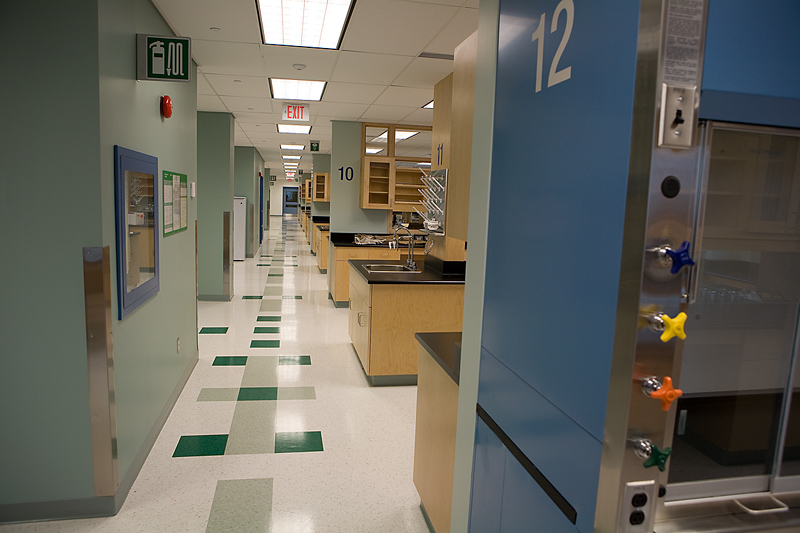
TUESDAY, Jan. 15 (HealthDay News) — Obese patients who undergo back surgery for a slipped or ruptured lumbar disk (lumbar disk herniation) spend more time in the operating room and have more blood loss and longer hospital stays than non-obese patients, according to a new study.
The study also found that obese patients fare worse after surgical or nonsurgical treatment than those who aren’t obese.
The study included more than 300 obese patients and about 850 non-obese patients who had surgical or non-surgical treatment for lumbar disk herniation. Four years after treatment, obese patients showed less improvement in physical function. Both groups had similar improvements in pain levels.
Obese patients did not have higher rates of infection, complications during surgery, recurrent disk herniation or reoperation. The benefit of surgery over nonsurgical treatment was not affected by a patient’s weight, according to the study, which was published in the January issue of the Journal of Bone and Joint Surgery.
“The findings suggest that obese patients with symptomatic lumbar disk herniation do not do as well as non-obese patients with nonsurgical or surgical treatment,” study author Dr. Jeffrey Rihn, an associate professor at Thomas Jefferson University Hospital and the Rothman Institute, in Philadelphia, said in a journal news release.
“The results of this study may be helpful in educating patients about their treatment options and expected outcomes,” he added. “These findings may suggest that weight loss should be encouraged in patients with this condition. However, this study does not specifically address whether weight loss in obese patients would affect their clinical outcome with nonsurgical or surgical treatment.”
More information
The American Academy of Family Physicians has more about herniated disk.

